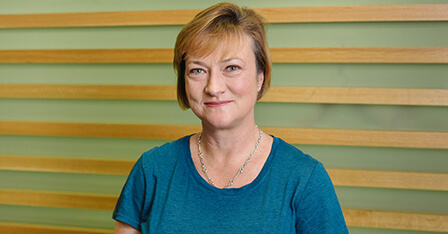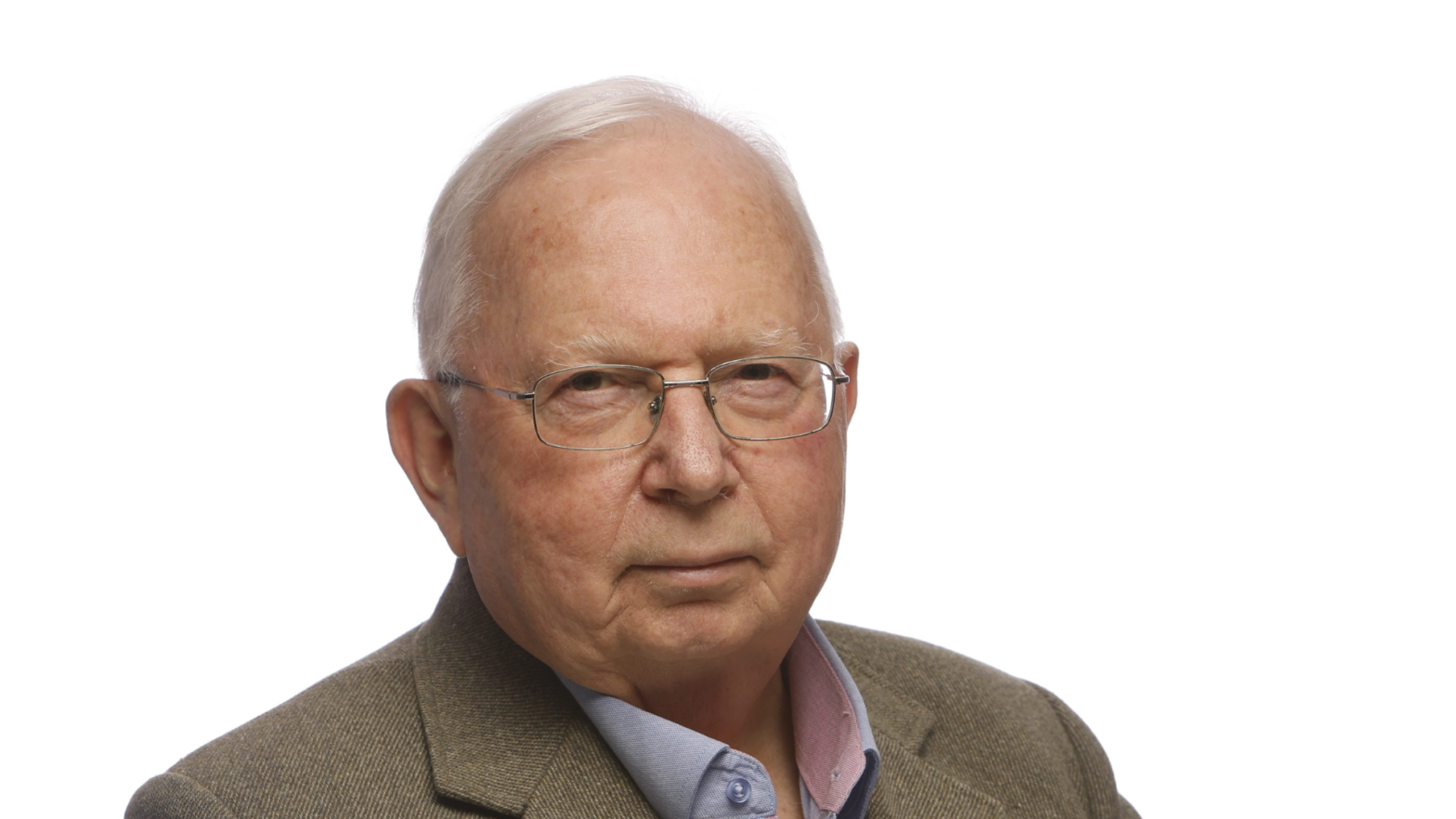
How to maintain clinical excellence and quality in musculo-skeletal medicine
By Clinical Director at Pure Sports Medicine, Claire Small
Most people put more effort into researching a holiday than they do their healthcare, checking reviews on TripAdvisor or Google to see what other customers thought. Healthcare is a service industry, just like hotels , but it is one of the few service industries where very little consumer guidance exists to help the public make an informed choice about what constitutes good clinical care.
And equally, if you asked people what ‘good’ looked like in medicine, many would struggle to answer.
There is a large historical and cultural explanation for this. Medical professionals, especially in the UK, have been held in such high esteem by the public that no-one questioned the advice or the quality of treatment they received, believing that every doctor, nurse and physiotherapist was providing the very best care. Realistically, this can’t be the case. Clinicians are like every other group of professionals ‘ lawyers, bankers, teachers; and like these other groups, some provide a better level of service than others.
However, unlike a bad experience at a restaurant, even when people are dissatisfied with the care they have received, they rarely question it; not wishing to dispute the judgement of the medical profession.
Because of the NHS, the message in the UK is that world class healthcare is free. It is not something that people need to pay for, and, because they don’t pay for it, it is not something that they value. Unfortunately, and more significantly, this has greater repercussions. It means that generally in the UK, it is not just healthcare that people do not value, but their health in general. The general attitude is that people do not invest in their health, not just financially, but also in terms on considering their personal choices in the way that they manage their health with things such as diet, exercise, sleep and stress.
One interesting dilemma is that while people generally seem unwilling to invest in their health, the same cannot be said for their willingness to invest in fitness and well being, with people spending large amounts of their income on high quality gym offerings, personal training, clothing and equipment and books. The fitness industry has done a far better job than medicine in demonstrating its value to consumers as well as demonstrating the different levels of quality the industry provides to cater for consumer preferences.
If musculo-skeletal medicine and the professionals that work in this field are to survive, there is an urgent need for those within the industry to focus on delivering clinically excellent healthcare and educating people to recognise and value this. And valuing it means being willing to pay for it ‘ whether through increased taxation to fund the NHS, or through paying privately for musculoskeletal services or private medical insurance.
How businesses can continue to grow and improve services
Focussing on quality and clinical excellence is the only way to ensure the growth of musculoskeletal medicine. In recent years, there has been an increasing focus on price, with clinicians using lower fees to attract self funding patients but also to secure contracts with insurance companies and other third parties.
While attractive in the short term, any commercial model that does not consider outcomes and effectiveness is unsustainable, as a lack of clinical effectiveness ultimately necessitates further treatment, costly investigations, avoidable surgical intervention and additional conservative treatment and rehabilitation; often associated with additional period of work absenteeism. Focusing on cost per treatment will lead to a ‘race to the bottom’ by providers as they seek to undercut each other, and ultimately reduce the level of quality in healthcare.
Pure Sports Medicine is of the strong opinion that value based healthcare is most suited to the successful management of MSK disorders, but also to the success of all commercial organisations involved in the private healthcare market. The move to such a model will require time, investment and collaboration between all groups, but the ultimate goals should be improved quality of healthcare for patients, appropriate financial recognition of the skills and abilities of clinicians and the organisations they work within, and cost savings for funders in avoiding unwanted spend.
In order to move to a value based healthcare model, several steps are required:
? All healthcare providers must start to classify the patients they are seeing using validated diagnostic codes so treatment effectiveness and costs for different conditions can be reviewed.
? All healthcare providers must collect validated outcome measures for the patients they see to determine the cost-effectiveness of their services.
Once significant amounts of data have been collated by both providers and funders, analysis can be undertaken to determine the appropriate spend on a specific condition for a certain outcome.
The collection of outcome data is paramount in providing consumers with the necessary evidence that quality is worth paying for Therefore, the industry needs to do two things: encourage patients to provide feedback on the quality of their care and their experiences in a clinic, in the same way they would review a hotel and start measuring patient outcomes and publishing this for patients, the public and third party payers to see.
The Challenge of Growth
The biggest challenge of growth within any industry is the retaining the quality of the offering that has usually led to success in the first instance. Monitoring the outcome data of all clinicians and attending to patient reviews and feedback is essential in determining whether clinical excellence in being maintained. But more importantly, any organisation focussed on delivering clinical excellence must start by recruiting excellent clinicians, and to do this, they must be an organisation that people aspire to work for.
Mediocrity is not inspiring. No-one with any passion or ambition aspires to work someone where this is the culture and the goal. Passionate and engaged clinicians help an organisation grow as they work collectively to make it better, to shape clinical practice, develop new services and promote the organisation while promoting themselves.
If the ongoing recruitment of excellent clinicians is the number one priority, keeping them is number two, if an organisation is to maintain its quality as it grows. To do this, organisations need to deliver the ethos and work life they have promised to clinicians, but they also need to ensure staff are well paid for what they do. To pretend that money doesn’t matter would be disingenuous. Delivering first class clinical care to each and every patient all day is hard work and if clinicians do not feel they are being adequately remunerated for this, the quality of what they provide will suffer. As business owners in musculoskeletal medicine, we have a responsibility to ensure our staff is recognised financially for the quality of the care they deliver by promoting and demonstrating its value.
Expert Collaboration ‘ The concept of a medical team
At Pure Sports Medicine, we branded ourselves Sports Medicine very deliberately; not because we wanted to focus on treating elite athletes, but because we wanted to provide the general public with access to the same high quality medical team that can be found within elite sporting organisations. Having worked in musculoskeletal medicine in the UK for 10 years, we knew that pockets of good quality care existed and that there were clinicians all over the country delivering excellent clinical care to patients, but finding these people was not always straight forwards and having them work collaboratively together very difficult for an individual patient to achieve. More effective communication and collaboration between medical professionals helps develop greater clinical excellence and improved patient care.
Each clinician focusses on their area of expertise, but communicates with others to establish the best way forward for the patient, including the patient themselves as an integral member of the team.
When companies look to grow by developing a more varied service offering, it is important that they focus on their strengths and areas of expertise, remembering their organisation’s USP and ensuring this is not diluted.
It is our experience that organisations can grow successfully by working collaboratively with others who are experts in different services, encouraging cross referral and building a community of excellent clinicians.
In terms of developing the service offering within an organisation, it is my opinion that it is important to recognise the clinical skills and specialist expertise of each department. At Pure Sports Medicine, we believe that each department are clinical experts in their own rights and that each member of the team focuses on their area of expertise in the patient’s management plan. The treatment plan is not dictated by the Consultants in Sport and Exercise Medicine or the Physiotherapists, but developed collectively by the team.
Ensuring each department is run by people who know and understand these professions is important. Not only does this assist in recruitment and retention, but as these individuals are engaged with their professions, they are up to date with industry specific news and information that can inform service growth and development.
In recent years, MSK healthcare has been highly fragmented and adversarial which has been extremely detrimental to the industry. A lack of communication and mistrust between clinicians, other healthcare providers and private medical insurance companies has stunted growth and development in the industry. In order to grow the sector, all organisations involved in MSK healthcare need to work collaboratively together to help promote the benefits and value of excellent clinical care to the general public.



















